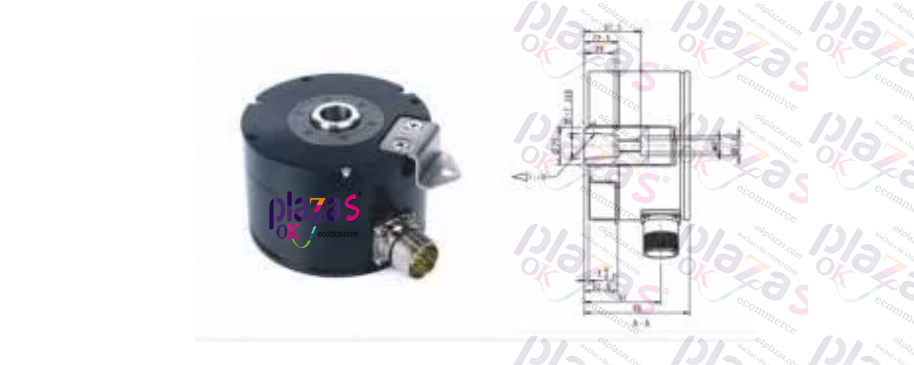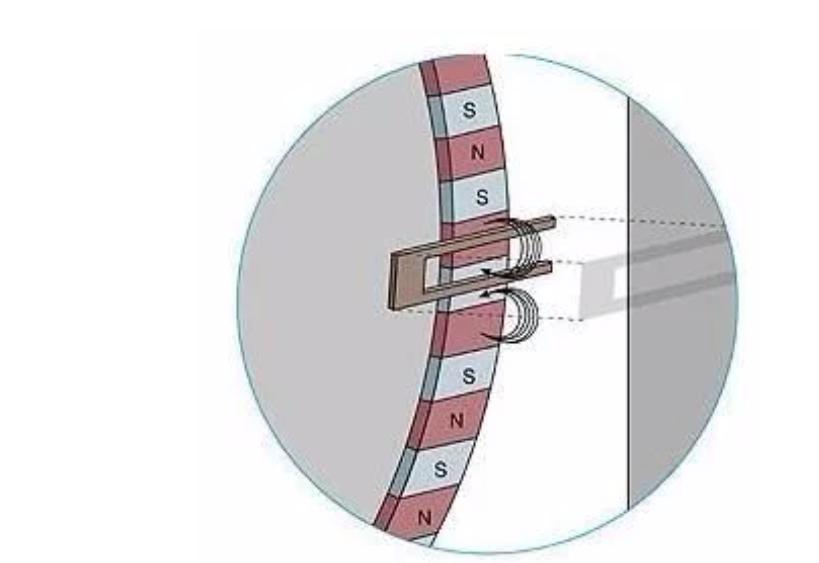Wind turbine encoder solution
Wind turbine encoder solution
While the world is looking for a new energy source, the wind power industry has gradually emerged. As a kind of clean and renewable energy, wind energy is receiving more and more attention from countries all over the world. China's wind energy reserves are large and widely distributed. The wind energy reserves on land alone are about 253 million kilowatts, and the development prospects are very broad.
In order to meet the manufacturing and maintenance requirements of the wind power industry, okplazas.com specially designed dedicated encoders for generators, pitch, yaw and other systems, which can be used for wind speed detection, generator rotation speed and feedback position, angle, etc. information.
Customization, rapid response and continuous technological improvement have made us gain a good reputation in this industry, and we hope that we will become the first choice for encoder selection.
This article mainly introduces two schemes in the encoder of wind turbines for your reference.
-Optical encoder
1.Performance

2. Product Features
• Tempered glass code disc avoids the fragile trouble of traditional glass code discs while ensuring high precision
• All series use SKF insulated ceramic bearings, rejecting other insulation solutions due to cost factors
• Fully compatible with popular installation methods on the market

Magnetoresistive encoder
1. Principle:
• When the magnetic impulse wheel rotates with the shaft of the machine, the MR sensor can detect the alternating changes of the N-S magnetic field.
• The sensor reacts to changes in its impedance.
• These changes are processed by the circuit to provide powerful digital pulses for accurate motor measurement.
• Magnetoresistive encoder is an ideal choice for harsh application environments, it can effectively resist a large number of pollutants in the factory, such as dust, soil or oil.
• Bearingless design, maintenance-free for life

2. Advantages and disadvantages
Advantages: bearingless design, non-contact, no mechanical wear for life
Disadvantages: higher requirements for the dimensional accuracy of the mounting surface
3. Advantages of sensor technology
1) Various magnets sticking to the pulse wheel will not affect the performance of the sensor
2) The influence of the radial distance between the magnetic ring and the sensor on the signal quality
The horizontal axis of the figure is the distance between the magnetic ring and the sensor, the unit is 0.001 inches
In fact, our sensor can provide relatively good signal quality within a distance of 0~0.08 inches (2mm), and is compatible with almost all drivers on the market (ST56 is rated at 1.5mm). If the signal quality is not considered, the maximum is 3mm. There is also a signal output
3) The influence of the axial misalignment of the magnetic ring and the sensor on the signal
The horizontal axis unit is 0.001 inches
The blue area is the standard alignment position
The green area represents "excellent" signal quality
Yellow means "slightly poor but usable"
Red is "unavailable"
A/B signal can provide excellent signal quality in the range of -0.375 inches (9.5mm) ~ +0.2 inches (5mm)
Z signal can provide excellent signal quality in the range of -0.125 inches (3.1mm) ~ +50 inches (1.27mm)





